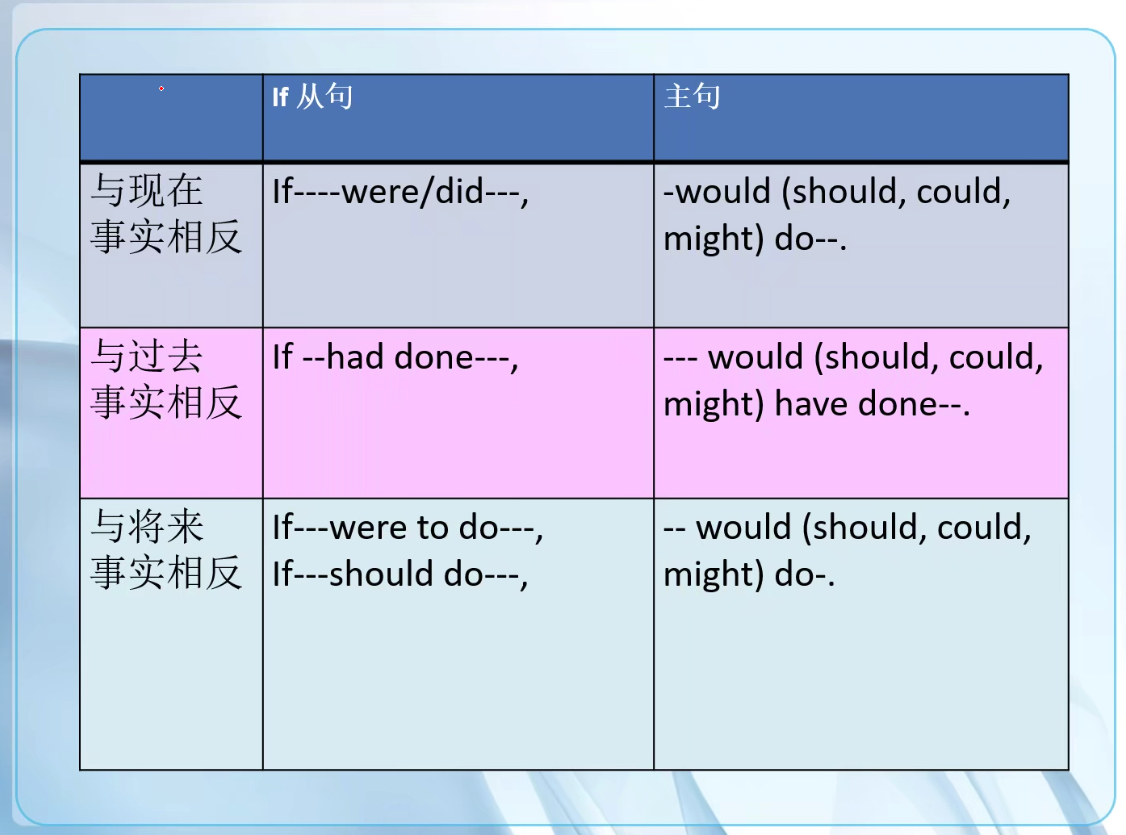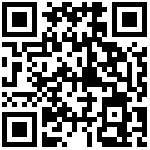语法
- 过去进行时
was/were doing
将来进行时
shall/will be doing
1、将来某一时间或某一段时间正在进行的动作
2、不久就要发生,或一定要发生的动作
3、询问、有礼貌的询问,比一般将来更礼貌
4、我估计,我猜测现在完成时
have/has done
1、动作发生在过去,对现在有影响
2、动作发生在过去,持续到现在
3、as soon as、after、before、till/until、when、if 等状语从句中,常用现完表示将来完成的动作。
4、句中出现 so fa、up to now、up to present、these days,需要用现完。
5、It is the first/second/third … time that、It is the only、It is the best/worst/most interesting…、It is…since…that,从句中的谓语动词必须是现完。
总结:当出现了 yet,肯定要用现完。过去完成时
had done
过去的过去用过完
1、by、before,一个动作在另一个动作前已经完成
2、no sooner+过完+than+一过【一…就…】、hardly+过完+when+一过【还没来得及…就…】
3、常表过去的将来
4、用于虚拟语气条件句中标识与过去事实相反。
5、hope、expect、think、intend、mean、want、suppose、plan等用过完标识未实现的愿望、打算和意图。现在完成进行时
have/has been doing
强调动作的长久
1、和时间状语连用:for hours, since this morning 等
2、动作刚刚停止
3、某种感情色彩
4、某种企图和尝试(不常用)
Note:一般不适用于状态动词 hope、want过去完成进行时
had been doing
She asked me what I had been doing these years.
They were sweating all over because they had been playing basketball.将来完成时
will have done
We will have finished our course be the end of the year.
现在完成和一般过去的区别
He has joined the amy for four years. ❌ join 是短暂动作
He has stayed the amy for four years. ✅
He joined the amy for four years. ✅
最后编辑:Wolf 更新时间:2023-01-04 11:57
